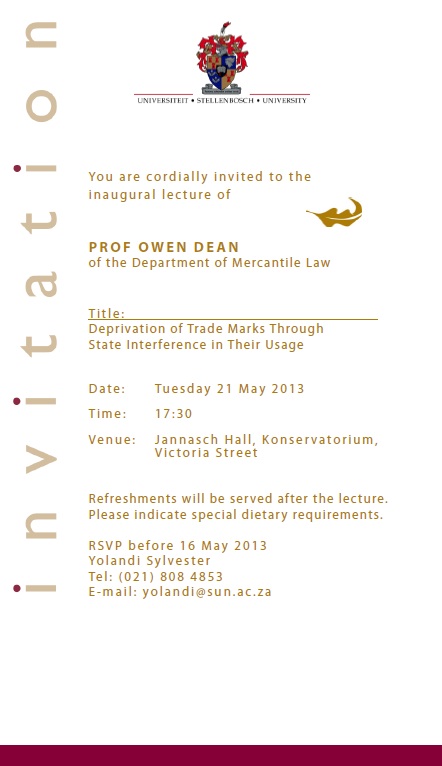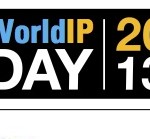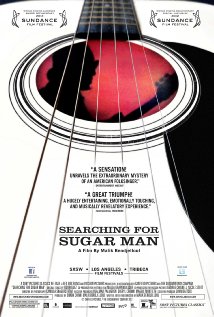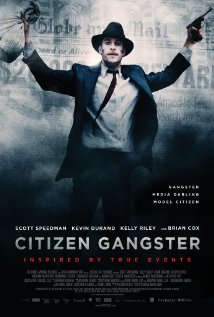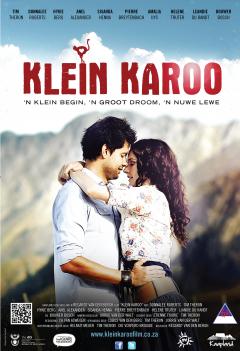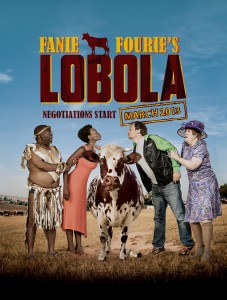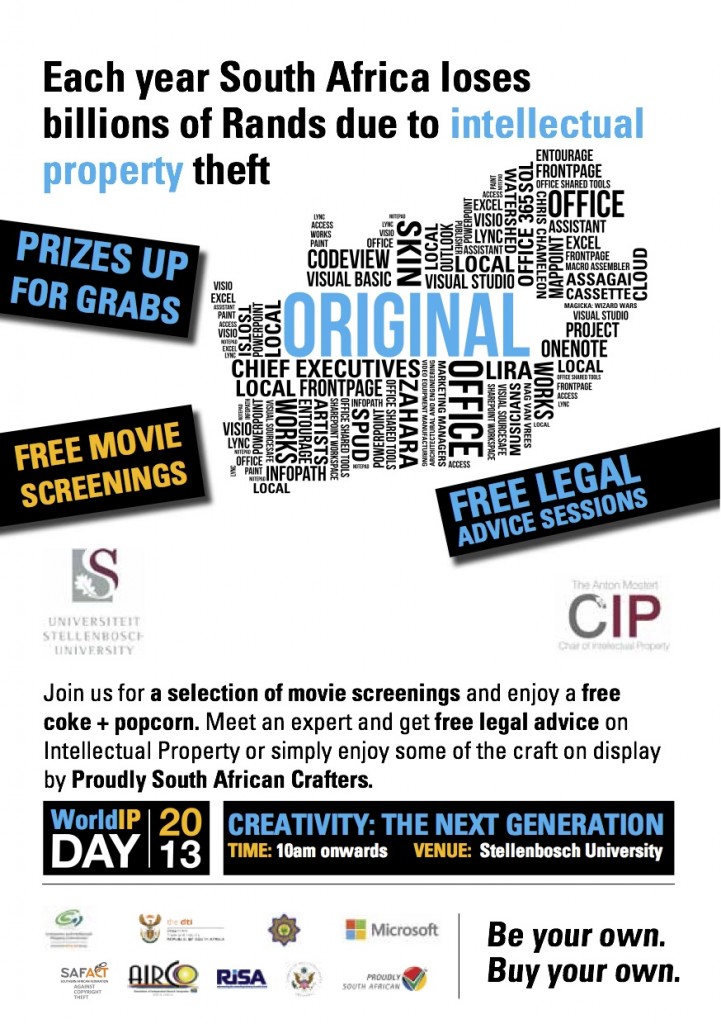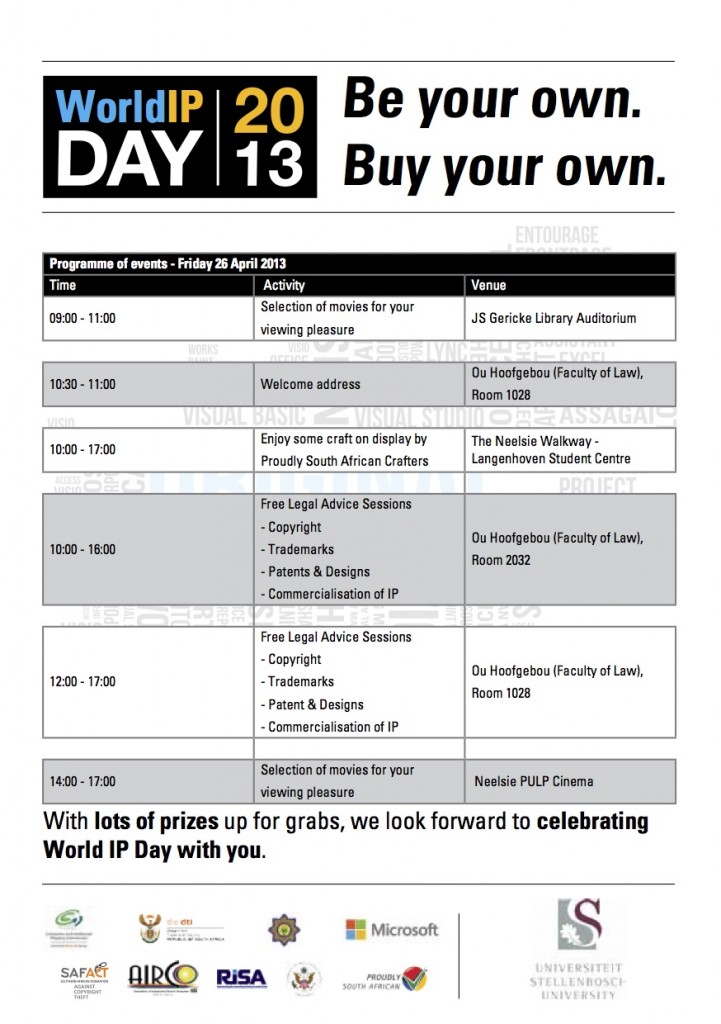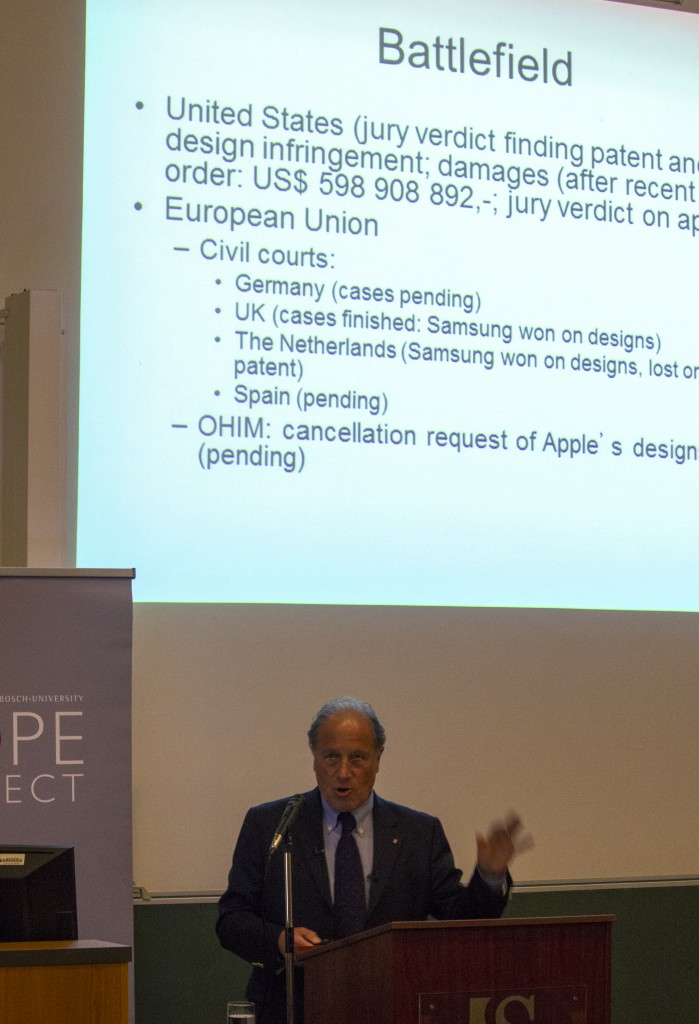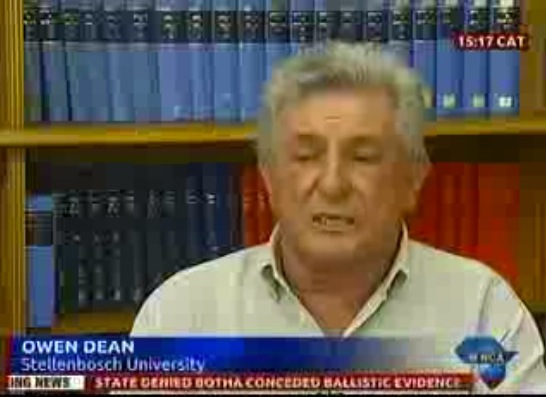The almost endless capacity of government to waste valuable resources by embarking on half-baked, and socially costly, ideas never ceases to amaze me. What makes the situation deeply troubling (and, not just a little, ironic) is that they sometimes spend money employing consultants to tell them that they are wasting money on these enterprises. If that were the extent of government’s failure in relation to its policy shortcomings, I could, perhaps, shrug my shoulders and attempt to be philosophical about such matters. However, when government then proceeds to ignore (and, possibly, conceal) the sound external advice which they have paid for, or sought, serious questions have to asked about government’s motive or competence. There is, probably, no finer example of this persistent folly than government’s ongoing attempts to enact legislation to protect indigenous, or traditional, knowledge, and to enact the Intellectual Property Laws Amendment Bill, 2010 (the “TK Bill”).
The Portfolio Committee submitted version “B8B-2010” of the TK Bill to the World Intellectual Property Organisation (WIPO) on 13 September 2011 for comment. From the date of the WIPO Secretariat’s written response sent to the Portfolio Committee (the “WIPO Comments”) on the TK Bill, it appears that it did not take the Secretariat long to consider the proposed legislation, and to, in effect, say to the Committee: “Nice that you are trying to do something about indigenous knowledge, but go back to the drawing board and think a bit harder about what it is that you are trying to achieve.” In its euphemistically-worded, and rather diplomatic, criticism of the TK Bill, the WIPO Secretariat regards the proposed legislation as a Procrustean attempt to force the protection of indigenous knowledge into the existing intellectual property framework. Government’s approach is described by the WIPO Secretariat as “novel and unusual,” which is a polite way of saying that it is unworkable, particularly when one has regard to WIPO’s further comments.
Besides its comments highlighting the poor quality of legislative drafting, the WIPO Secretariat, correctly, emphasises the fact that indigenous, or traditional, knowledge – incidentally, no internationally accepted, workable definition of these concepts exists – is fundamentally different to intellectual property, such as copyright and patents, and that the proposed protection may potentially undermine the existing intellectual property system by introducing “unwelcome uncertainty.” In this respect it echoed the desperate criticism voiced by the entire South African intellectual property community. Existing intellectual property protection, and its impact on society, has already – even before the introduction of unworkable concepts such as “indigenous knowledge” – become a hotly debated and highly politicised matter. This is not a bad thing. It is the role of the vanguards of intellectual property protection, such as the Anton Mostert Chair of IP, to convince others of the correctness of such protection, while accepting shortcomings in the current system, where these may exist. This requires an appreciation of the justification for intellectual property protection, which can convince the critics of the continued need and relevance of the various forms of intellectual property protection, and the types of works that should be protected. A lack of such a foundational understanding of intellectual property law seems to have curiously led to two diametrically-opposed viewpoints, and it is not clear which is more serious.
At the one end of the spectrum are those who see any form of intellectual property protection as imposing an unnecessary cost on society. For these people, intellectual property rights simply represent an infringement on the public domain, namely, material that can freely be used by anyone. This view reflects a crude misperception of intellectual property rights: that they simply serve to inhibit innovation and creativity. These critics fail to appreciate that intellectual property rights, such as copyright and patents, serve to incentivise creation, which, ultimately, increases the size of the public domain. At the other end of the spectrum, we see an equally troubling lack of appreciation of the role (and nature) of intellectual property protection, and it is in this camp that the government and proponents of the TK Bill seem to fall. The types of works which the TK Bill seeks to protect are works that are, and have been in existence, for decades , and, thus, the proposed protection cannot possibly serve to incentivise such creation. In fact, in direct contrast to the previous type of misconception, as a result of the latter kind of misperception these proponents do seek to shrink the public domain by excluding works (on the basis that they constitute indigenous works) which have hitherto been freely available for use and development by others. The proposals would, therefore, inhibit innovation and creativity.
It is this latter conceptual bankruptcy which the WIPO Comments seek to elucidate. The WIPO Comments expressly refers to the “lack of drafting and conceptual clarity,” not to mention that there is doubt internationally about the need for this type of protection. In fact, internationally, the political trend is, arguably, to focus on efforts to expand the public domain with initiatives that will foster innovation and creativity, such as the Creative Commons and Open-Source Software development. What makes the government’s persistence in this matter really troubling is that the WIPO Comments was not the first time government was warned about its lack of conceptual clarity, and the social costs which its proposals could impose on the country.
In 2009, the Presidency and the Department of Trade and Industry (the “DTI”) commissioned a report (the “RIA Report”) from an independent expert company, SBP, on the regulatory impact of the version of the TK Bill which it had produced at that stage. The RIA Report provides a series of criticisms of the TK Bill, starting, firstly, by questioning the need for the type of protection being advocated in the TK Bill. It states that there appears to be no basis for claims that indigenous knowledge is not currently adequately protected, or that such knowledge is being misappropriated on any significant scale. If this opinion is correct, which it is submitted is the case, government is engaging in cheap (but financially costly) politicking by perpetuating a myth that indigenous knowledge is being misappropriated and expatriated by multinational companies, who make vast sums of money in the process.
In order to address this, largely, fictitious problem, the TK Bill proposes not only to introduce legislation which would, arguably, make us the laughing stock of the international community due to its poor conceptualisation, it will also impose significant social costs, such as institutional costs and wasted litigation costs due to the uncertainty it would introduce. The RIA Report explicitly states that there is insufficient evidence to suggest that these costs will be justified. Perhaps government would like to convince the populace that its lack of delivery is not so much a consequence of incompetence and corruption, but rather the result of the country (or communities) being deprived of large streams of revenue which are being diverted by unscrupulous foreigners. Government must stop perpetuating the myth that the TK Bill is required, because, as the RIA Report states, there is “a danger that communities’ expectations of commercial benefits may not be realised.” It may be worth noting that culture (and knowledge generally) is dynamic, and the best way for it to be “preserved” (if such a notion is appropriate at all) is for it to be free from restrictions; rather than for it to be catalogued on a database. (The full texts of the WIPO Comments and the RIA Report are available below).
Why have the WIPO Comments and the RIA Report not been widely publicised by the DTI? Why have the Portfolio Committee and the DTI chosen to ignore the advice which they requested? On what justifiable basis have resources continued to be devoted to a matter which is fundamentally flawed? For the DTI, as the department responsible for overseeing our intellectual property law system, to pursue the enacting of the TK Bill, which would probably only serve to undermine our intellectual property law system, is totally unacceptable, and demonstrates a lack of fitness to carry out its mandate. Perhaps some proponents of the TK Bill at the DTI have been financially incentivised to get the TK Bill passed, without regard for the need for it, and have chosen to ignore (or, worse still, deliberately misrepresent) the substantive content of these two reports.
On World Copyright Day (23 April), rather that celebrating the social benefits which copyright protection incentivises, we are more concerned that government may not be prosecuting the enactment of proposed legislation with the honesty and transparency expected in a democracy. Furthermore, government does not appear to appreciate the importance and function of intellectual property rights, and, as a consequence, seeks to violate the integrity of our legal framework concerning intellectual property by seeking to enact the TK Bill. The resources that have been earmarked to establish the institutional infrastructure to support the TK Bill would be much better spent on a national education programme concerning intellectual property rights, or used to amend current legislation, such as the Copyright Act 1978, which require updating in light of technological advances since its enactment.
What is interesting about these reports is that they reiterated and thus supported many of the criticisms of the TK Bill that had been voiced by the South African public and the intellectual property community. They, too, made the point that, if the government was steadfastly intent on going ahead with legislation to protect traditional knowledge, the appropriate manner to do this – should such need exist – would be in sui generis (specific) legislation and not by amending the existing intellectual property statutes.
So, in the final analysis, what actually became of these Reports? What did Government faced with two damning reports on its legislation from expert bodies that it, itself sought and obtained, do with them? First, like it did with the vociferous and highly critical comments received from the entire informed intellectual property community in South Africa, it ignored and discounted them. Second, it put them under wraps and made them unavailable to interested parties and the public. Third, in the case of the RIA Report, it replaced it with in internal RIA report prepared by the DTI, which whitewashed the TK Bill (the full text of this report can be accessed via the link provided). Finally, it tabled the internal RIA report in Parliament (without any reference to the existence of the earlier independent one) and quoted selectively from the WIPO Report, thereby representing that there was objective support for the TK Bill. So much for openness and transparency! It obviously believes that the (misguided) end justifies the means.
Dr Sadulla Karjiker
RELATED DOCUMENTS
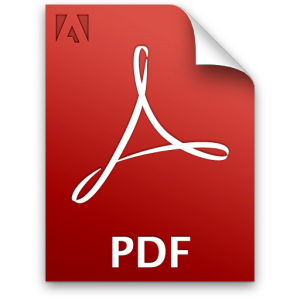 WIPO 1 – Comments of the World Intellectual Property Organisation (WIPO) on “Policy Framework for the Protection of Indigenous Traditional Knowledge through the Intellectual Property System” and the “Intellectual Property Laws Amendment Bill, 2008”. September 2009.
WIPO 1 – Comments of the World Intellectual Property Organisation (WIPO) on “Policy Framework for the Protection of Indigenous Traditional Knowledge through the Intellectual Property System” and the “Intellectual Property Laws Amendment Bill, 2008”. September 2009.
 WIPO 2 – Comments of the World Intellectual Property Organisation (WIPO) on the “Intellectual Property Laws Amendment Bill, 2010”. September 2011.
WIPO 2 – Comments of the World Intellectual Property Organisation (WIPO) on the “Intellectual Property Laws Amendment Bill, 2010”. September 2011.
 RIA 1 – Regulatory Impact Analysis: The Intellectual Property Laws Amendment Bill. October 2009. Commissioned SBP Report to the Presidency and the dti.
RIA 1 – Regulatory Impact Analysis: The Intellectual Property Laws Amendment Bill. October 2009. Commissioned SBP Report to the Presidency and the dti.
 RIA 2 – Regulatory Impact Assessment: Intellectual Property Laws Amendment Bill, 2009. DTI.
RIA 2 – Regulatory Impact Assessment: Intellectual Property Laws Amendment Bill, 2009. DTI.

